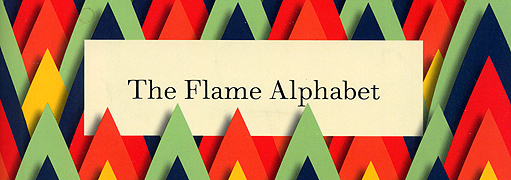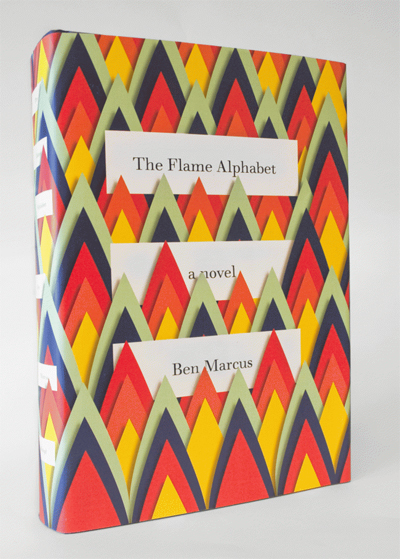Book Review: The Flame Alphabet
Soap Rendered Useless In Ben Marcus' Apocalyptic Tale


Latest Article|September 3, 2020|Free
::Making Grown Men Cry Since 1992




